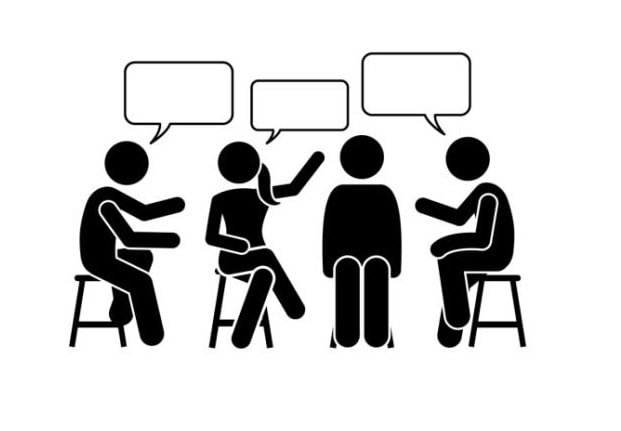How the Study Works
We use several methods to identify the characteristics and experiences that predict creative ideas and achievements in science. As a participant in the Identifying the 21st Century Scientific Pioneer project, you will:
Frequently Asked Questions
How much time is involved?
The study consists of two main parts: the life history interview and a set of surveys. The interview has three main sections, which cover your early life (birth to 18), a general overview of your adult life, and a more detailed look at your university and career experiences. Each section is designed to take approximately 30 minutes, although the exact time depends on how much detail you choose to provide. If you do not have time to complete the interview in one sitting, we are happy to do it across more than one session. For your convenience, we will send you the survey measures in three installments that can be completed quickly (we estimate 15-20 minutes).
If you would like to participate but do not wish to do all of these activities, please reach out to the Project Coordinator; we are happy to work with you so that you can participate at whatever level you are able!
If you would like to participate but do not wish to do all of these activities, please reach out to the Project Coordinator; we are happy to work with you so that you can participate at whatever level you are able!
How will you protect my information?
We take confidentiality very seriously! Only your interviewer, the Project Coordinator, and the PI will have access to your identifiable information. We have to ask for some identifying information in order to link your interview and survey responses, but we will remove your name and identify you only by your anonymous participant number before analysis begins. We will only publish or present information in aggregate form, so we will present no personal anecdotes that might identify you. We will never tell anyone that you did or did not participate in the study.
What are you hoping to find in this study?
This study has the potential to uncover important findings in several ways. Most large-scale studies of scientific creativity are many decades old; not much has been done in this area since the mid-20th century. The landscape of science, as well as science education, has changed a great deal in that time, and this study seeks to determine whether the predictors of creative achievement in science are the same or different in the modern era.
Additionally, many studies investigating the correlates and predictors of creativity have studied narrow sets of variables, and we aim to gather a comprehensive set of data that includes people's traits, abilities, motivations, experiences, and environments to gain a more complete understanding of what produces a pioneering scientist. The study is largely exploratory, since many of these variables have not been studied in association with scientific creativity.
The findings may have implications for everything from child development to how we conduct graduate education.
Additionally, many studies investigating the correlates and predictors of creativity have studied narrow sets of variables, and we aim to gather a comprehensive set of data that includes people's traits, abilities, motivations, experiences, and environments to gain a more complete understanding of what produces a pioneering scientist. The study is largely exploratory, since many of these variables have not been studied in association with scientific creativity.
The findings may have implications for everything from child development to how we conduct graduate education.
Why do you want to talk to my friends and family, and what will you ask them to do?
In the initial survey, you will be asked to nominate up to five individuals who know you well. The reason for this is that our friends, family, former students, and other close associates sometimes see you slightly differently than you see yourself. Researchers often collect data on a person's self-ratings and ratings provided by others to see how they converge and get a fuller understanding of the person.
Your friends and family will not be asked to do much: they will only complete a short (approximately 15 minute) survey. To protect confidentiality, we will not tell you who completed the survey or what they said.
Your friends and family will not be asked to do much: they will only complete a short (approximately 15 minute) survey. To protect confidentiality, we will not tell you who completed the survey or what they said.
Interested in participating?
Click below to view our consent form and get started!
Want more information?
Submit your contact information below, and our project coordinator will get in touch with you shortly.


